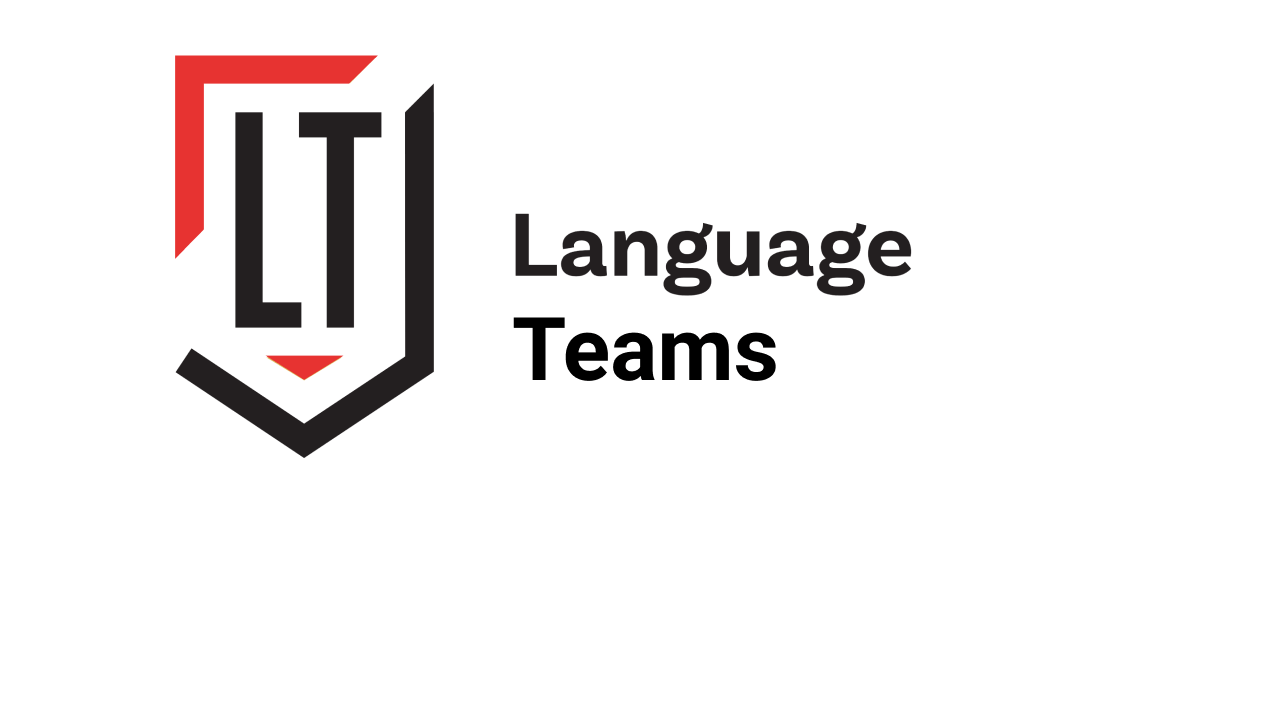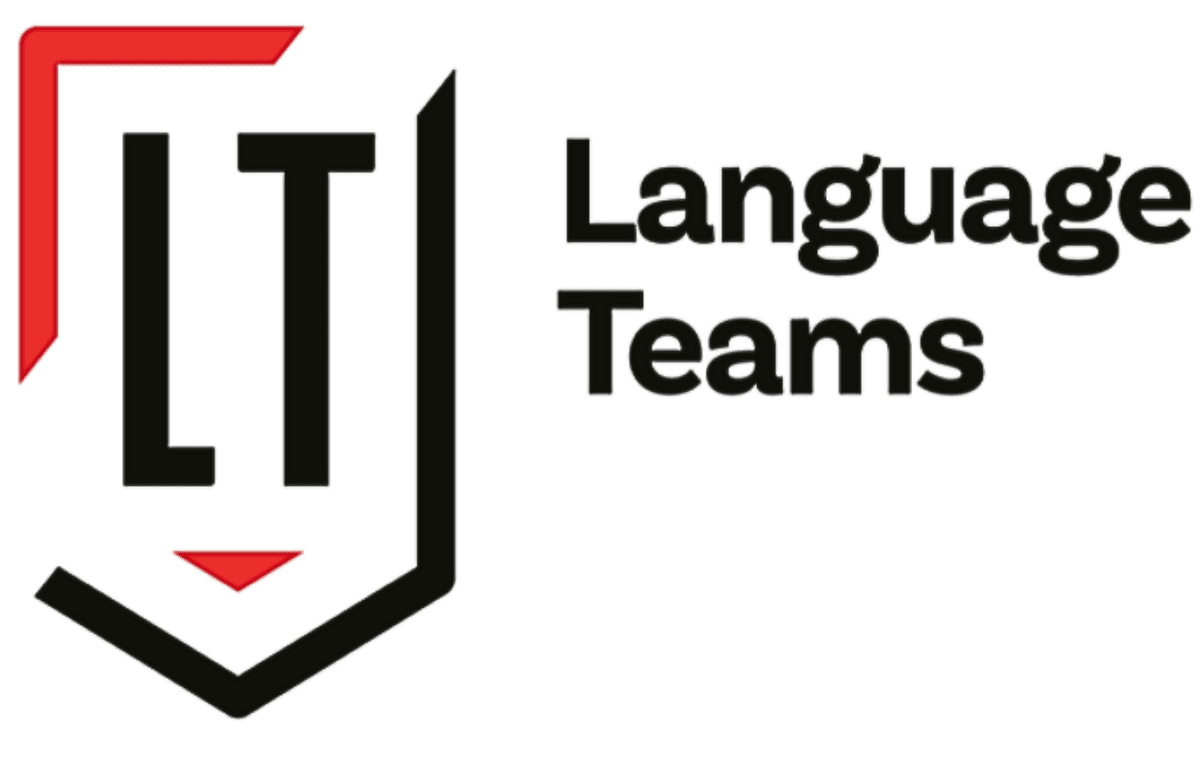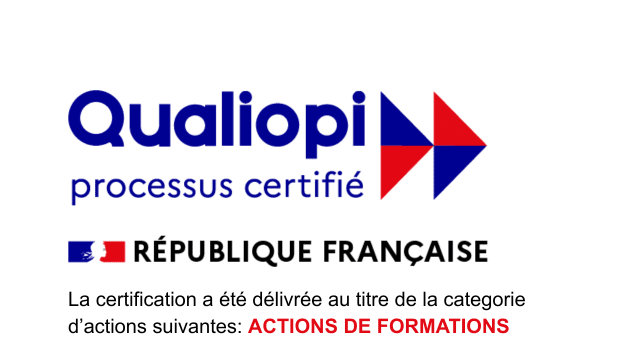From level A1 to A2: greater independence in everyday communication, telling short stories, expressing simple opinions and handling practical situations more fluently.
This course takes you from level A1 to A2 according to the Common European Framework of Reference for Languages (CEFR). You will learn to communicate in familiar everyday situations: leisure activities, work, travel, home, shopping and social interactions.
The course consists of three modular teaching blocks of 20 hours each. You will work on listening, speaking, reading and writing in a communicative, action-oriented way, with a focus on clear structures, comprehensible language production and simple narration.
Parcours A1 - A2
3 modules of 20 hours each
Communicative approach (CEFR)
What does level A2 mean?
Level A2 builds on the foundations laid in A1 and develops greater independence in communication. You will learn to hold simple conversations on familiar topics such as leisure, work, health, travel, consumption and daily activities. You will understand short texts and messages, be able to recount simple events and express opinions at a basic level.
This level improves your vocabulary, structure and comprehensibility, enabling you to participate more fluently in everyday social and professional situations.
Module A2 (3 x 20 hours)
Modules at level A2
The A2 level consists of three consecutive modules, each built around clear objectives, relevant themes and practical situations. Each module forms a separate learning unit (20 hours) in which listening, speaking, reading and writing alternate — fully in line with the CECRL standards.
Module 1 — daily life and organisation (20 hours)
daily routines, habits, time expressions, short interactions.
What you will learn:
Expected results
You will be able to describe your daily life, make simple arrangements and participate more fluently in short conversations in familiar situations.
Module 2 — Purchasing, services & practical situations (20 hours)
In this module, you will learn to describe your daily routine, habits and activities. You will learn to talk about your schedule, appointments and the near future, and you will have short, recognisable conversations in everyday situations. You will also expand your vocabulary and basic grammar, including the present tense, the near future tense and practical structures such as quantities and time expressions.
What you will learn:
Expected results
You can independently handle simple purchases and service requests, express preferences and briefly explain practical problems.
Module 3 — Stories, experiences & opinions (20 hours)
In this module, you will learn to recount events in the past tense and talk about health, emotions and personal experiences. You will learn to better understand simple news items and current affairs. You will also practise expressing brief opinions, constructing basic arguments and describing situations or people in more detail.
What you will learn:
Expected results
You can recount a simple event, express your feelings and understand short news or informative texts.
What can I do at level A2?
At level A2, you can express yourself more fluently in everyday situations. You understand more context, can hold simple conversations and tell stories, and you are more independent in practical communication.
Talking and interacting
You can:
Listen
You can:
Read
You can:
Write
You can:
Objectives of the A2 course
Main objective of this level
The objectives of level A2 focus on gaining more independence in everyday communication. You build on the foundations of A1 and learn to express yourself more comfortably in familiar situations, both spoken and written.
What you will learn during this level
At this level, you learn to communicate in everyday contexts such as shopping, requesting services, explaining simple problems and participating in short conversations. You also learn to talk about past events, share simple opinions and understand essential information from basic audio and written texts.
- Participate in short conversations in shops, restaurants, services and everyday situations.
- Ask and answer questions about habits, plans, activities and preferences.
- Explain simple problems (orders, appointments, health, service errors).
- Asking for simple advice, information or help
- Expressing opinions and preferences with a brief explanation
- Recounting anecdotes and personal experiences in simple chronological order
- Responding appropriately in social interactions (inviting, thanking, apologising, refusing)
- Understanding conversations when spoken clearly and not too quickly
- Picking up practical information in shops, services, stations, medical contexts
- Understanding short announcements, messages and simple notices
- Recognising structure and main ideas in simple news and current affairs items
- Understanding basic instructions and directions in everyday situations
- Understanding simple emails, messages, notes and administrative texts.
- Reading short informative texts (news, leaflets, websites, simple articles).
- Finding information in diagrams, menus, price lists, timetables and forms.
- Understanding short narrative texts with a clear chronology.
- Recognising important details (who, what, where, when)
- Formulate short messages, simple emails and practical questions.
- Describe people, places, routines and experiences.
- Record simple events in the passé composé and imparfait.
- Formulate short opinions or preferences.
- Fill in forms correctly with personal information.
- Consolidation of A1 structures (present tense, question forms, negation, articles, adjectives)
- Full use of the passé composé
- Introduction of the imparfait in descriptions and background information
- Use of comparisons (more/less than)
- Correct use of quantities and quantifiers
- Use of basic connectors (because, but, so, then)
- Simple modal constructions for requests and needs
- Extensive vocabulary covering everyday topics: household, activities, travel, work, health
- Words and expressions for practical interactions (prices, services, appointments, reservations)
- Basic professional vocabulary for simple work situations
- Vocabulary for emotions, experiences and short stories
- Improve pronunciation to be more understandable
- Correctly apply common liaisons
- Adjust intonation to questions, responses or explanations
- Practise rhythm, stress and difficult sounds (such as nasals)
- Using appropriate forms of politeness and social norms in French-speaking contexts
- Understanding expectations in shops, services and basic professional contexts
- Basic knowledge of current topics, culture and social customs
- Dealing respectfully with cultural differences in communication
- Using self-strategies to resolve unfamiliar words or situations
- Asking for clarification and managing misunderstandings
- Recognising key information through context and keywords
- Using self-evaluation to track progress
- Preparation for B1: learning to tackle longer texts, conversations and more complex topics step by step
Who is this training course aimed at?
This course is intended for adults who have already mastered level A1 and want to progress to A2. The programme focuses on people who want to communicate more fluently in everyday situations, build more confidence and use language in social, administrative and simple professional contexts.
This training course is ideal for:
Admission requirements
Not required:
Requirements:
Why is this training course right for you?
- You want to use more than just basic phrases and seek greater independence in everyday situations.
- You want to expand your vocabulary and grammatical knowledge to achieve more variety in your language use.
- You want to learn to communicate in shops, services, work contexts and social situations.
- You want to learn to tell stories, express preferences and formulate simple opinions.
- You want to lay a solid foundation to progress to level B1.
Contents of this training course
This course takes you from A1 to A2. You will learn to communicate in common situations such as leisure, work, shopping, health and travel. Each module consists of 20 hours and includes a mix of vocabulary, grammar, speaking and listening practice, writing skills and continuous assessment. The approach remains communicative and practical: you learn mainly by doing.
What you will learn in this module:
- Describe your routine, habits and schedule
- Talk about daily activities and short-term plans
- Conduct common dialogues (with friends, colleagues, shops, services)
- Ask questions and give answers in simple social situations
- Read and understand simple texts (messages, short announcements)
- Reinforce basic structures from A1 (conjugations, sentence structure, time expressions)
Result after module 1:
You can communicate functionally about your day, your routine, simple appointments and recurring situations in your environment.
What you will learn in this module:
- Asking prices, comparing products, expressing preferences
- Understanding and using language in shops, restaurants and public services
- Asking questions in typical service contexts (post office, bank, doctor, school, etc.)
- Using comparisons, quantities and basic structures
- Understanding short functional texts (labels, menus, instructions)
Result after module 2:
You can shop independently, ask questions at services and handle simple professional or administrative situations.
What you will learn in this module:
- Describing an event in the past (intro to the passé composé / imparfait)
- Talking about health, problems and emotions
- Giving a simple opinion and arguing briefly
- Describing situations (people, places, events)
- Understanding information from simple news reports or current affairs
Result after module 3:
You can tell a simple story, explain feelings, formulate a basic opinion and understand short informative content.
- Fully communicative lessons with lots of interaction
- Strong focus on oral production (speaking) and listening skills
- Variety of exercises, role-plays, comprehension tasks and writing exercises
- Continuous assessment instead of a single traditional exam
- Small groups for maximum personal attention
- Flexible entry (per module or full series)
Our methodology
Our courses follow a communicative and action-oriented approach, in line with the guidelines of the CECR.
Communicative interaction
Oral expression is at the heart of learning.
Realistic situations and dialogues.
Functional use of language (rather than theoretical).
Small groups (3 to 8 participants)
More speaking time
Immediate feedback
Individual support
Action-based learning
Role-playing games and micro-tasks
Missions in a real-world context
Emphasis on what learners can Immediately put into practice
Authentic materials
Videos, audio, advertisements, documents
Modern sources → actual language
Skills integration
Listening, speaking, reading and writing combined
Natural language progression
One-to-one lessons
Maximum speaking time
Flexible scheduling
Assessment and monitoring
Our courses follow a communicative and action-oriented approach, in line with the guidelines of the CECR.
Starting level and needs analysis
Self-assessment of oral proficiency
Needs analysis
Placement in the appropriate level
Progress and adjustments
Formative assessments (4 skills)
Teacher observation
Content adapted to level and pace
Tasks and exercises in a realistic context
Final assessment and certification
Summative assessment according to the CEFR
Certificate of competence
Report and satisfaction survey
Practical information
- Organised into three 20-hour modules
- This modular programme is made up of three independent 20-hour modules.
- Learners may enrol module by module (each unit of 20 hours) to progress at their own pace, or register for the full programme.
- Intensive schedule: usually two weeks per module (2 hours per day, Monday to Friday).
- Evening schedule: usually five weeks per module (4 hours per week, 2 evenings)
- We offer individual lessons as well as small-group classes (3 to 8 participants).
- Personalised support and plenty of speaking practice.
- Available online, on-site, or hybrid
- For online lessons, a laptop/smartphone + internet, microphone, and camera are required
- authentic texts, audio and video
- grammar and vocabulary sheets
- interactive tools such as Quizlet, Padlet and Kahoot
- all materials are shared digitally via Digiforma or Drive
- laptop or notebook
- headphones for online lessons
- motivation & active participation
- New modules start several times a year.
- For start dates, please refer to the registration form or contact us.
We strive to make our courses accessible to as many students as possible. Do you need specific support or adjustments during classes (online or on-site)? Please contact our accessibility officer:
Accessibility contact person:
Ingrid Bouillé — ingrid@languageteams.com
Together, we will look at what adjustments are possible, such as:
- extra time or support during tasks
- clarified instructions
- alternative materials
- help with digital tools
- adapted teaching methods for specific needs
People with disabilities or learning difficulties are encouraged to contact us in advance so that we can provide an optimal learning experience.
Quality & Satisfaction
These results are based on feedback from 132 out of 362 students, we remain committed to boosting both approval and participation rates.



